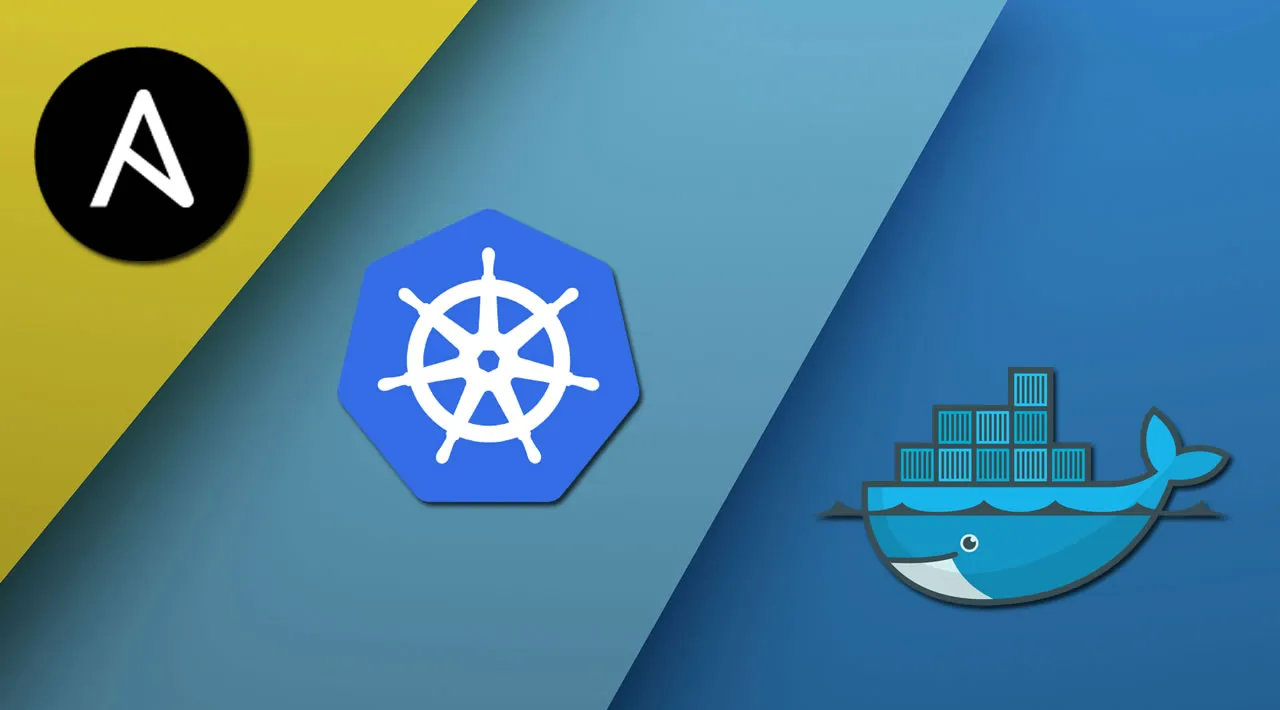Understanding DevOps and key differences between Ansible, Docker and Kubernetes
DevOps is the most common buzzword in the world of organizational data culture and software development. It is an operational culture that aims at continuous development and integration, and rapid IT service delivery by promoting better communication and improved collaboration between developers and operators. DevOps also seeks to make deployments easier and increases transparency between developers and operators. It also encourages infrastructure as code. The recent emergence of companies shifting to adopt DevOps rose proportionately with the rise of Cloud computing and virtual platforms due to COVID-19. While it helps to obscure the existing boundaries in the organization framework, there are many ways DevOps is proving to be resourceful. For instance, it aids in automation and monitoring of the process of software creation, which spans from integration, testing, releasing to deploying, and managing it. Further, it facilitates reducing the number of development cycles while streamlining the development and release pipeline. Currently, there are many DevOps tools (e.g., Ansible, Docker, Kubernetes) one can use for the tasks mentioned above.
#ansible #docker #kubernetes #devops
